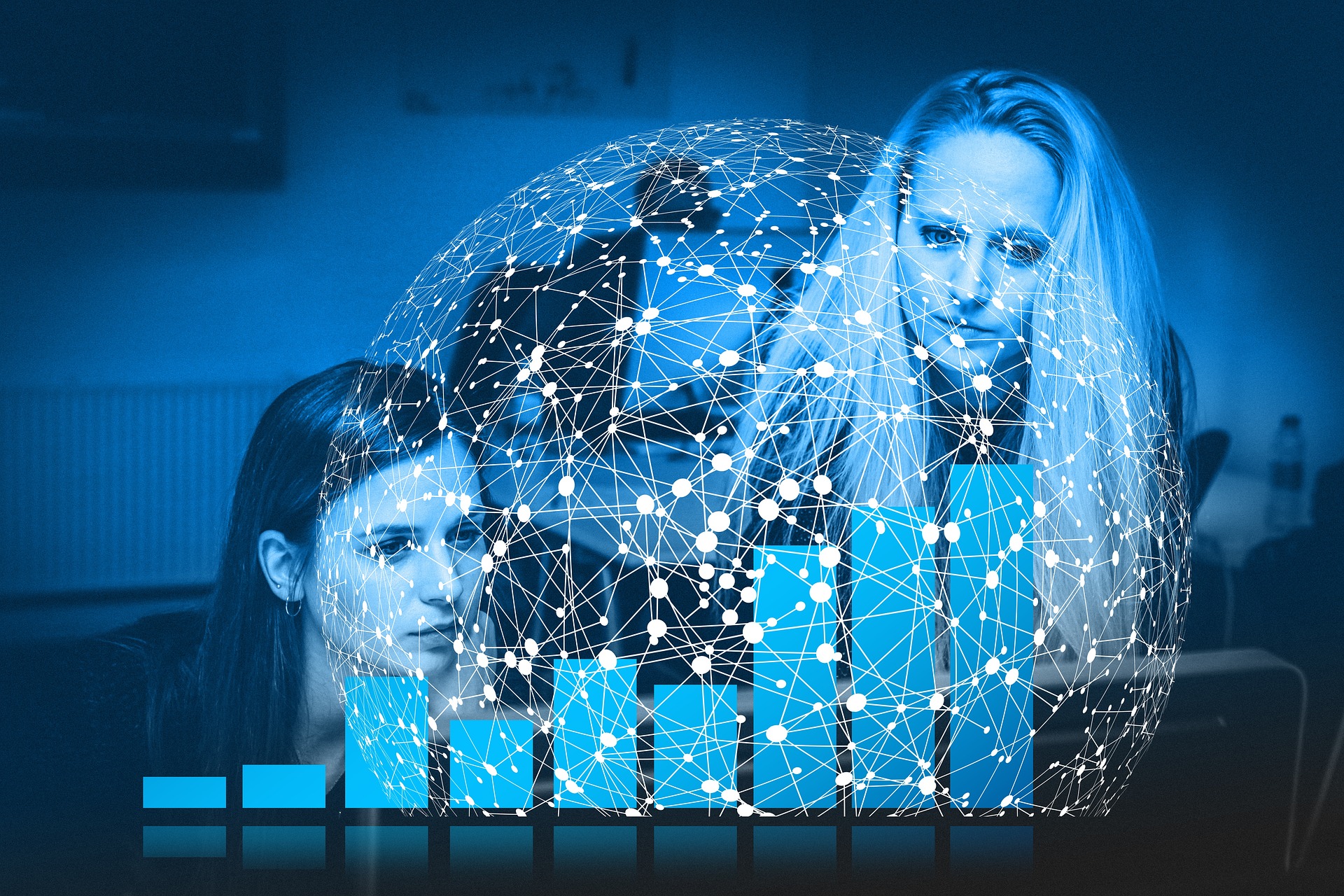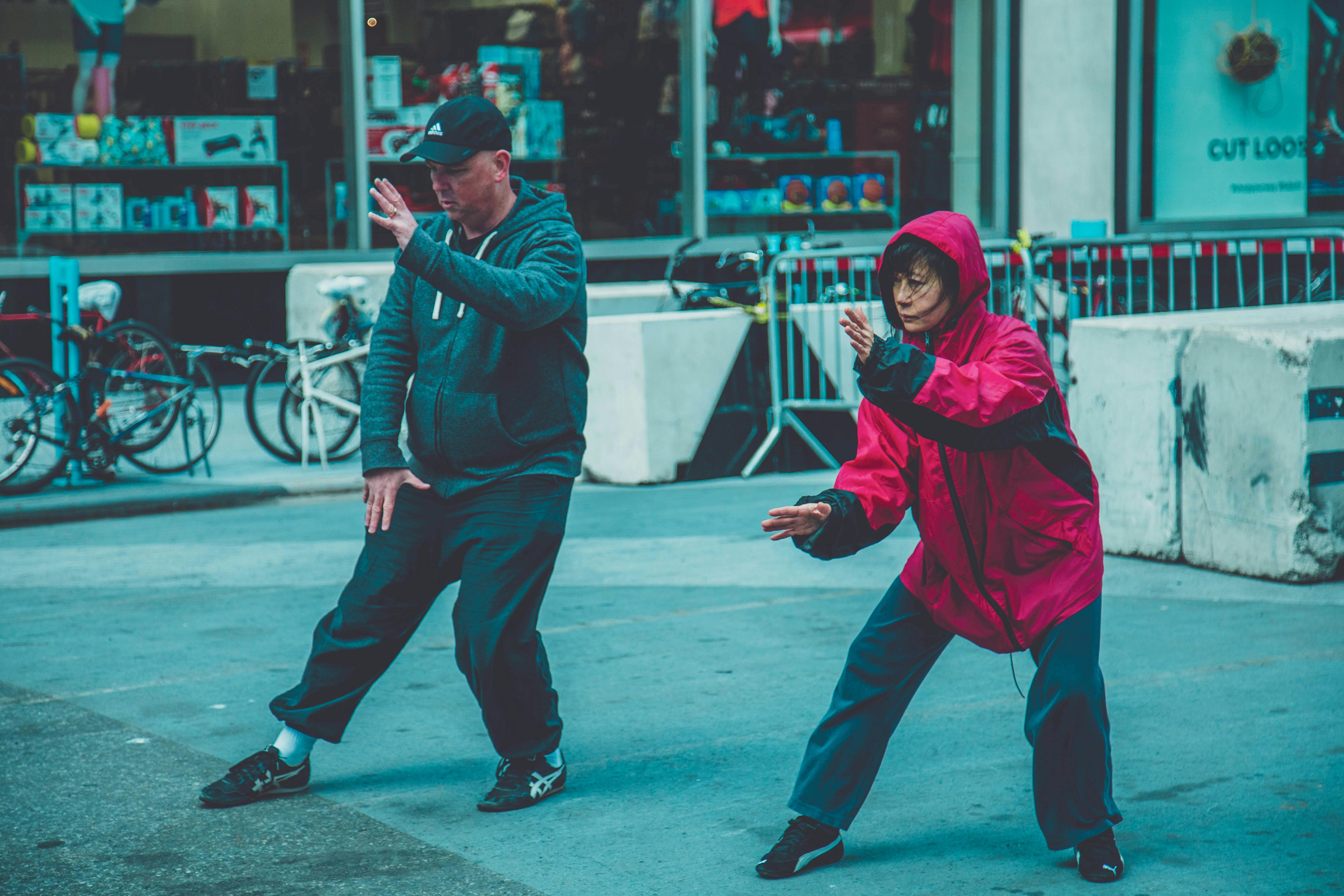Unmasking the Sociocultural Implications of Meme Culture
We live in an era where digital content, especially memes, shape our social interactions and behaviors. These seemingly trivial pieces of internet humor have evolved into a complex sociocultural phenomenon. Read below to understand how meme culture has been influencing our society and shaping our collective consciousness.

From a Trend to a Culture: The Genesis of Memes
Memes originated in the digital realm, specifically on early internet forums in the late 90s. The term ‘meme’ was first coined by Richard Dawkins in his 1976 book, “The Selfish Gene.” Dawkins used this term to describe how cultural information spreads. However, with the advent of the internet and social media, memes took on a new identity. They became humorous images, videos, or text that are copied, altered, and spread rapidly by internet users. Memes have evolved from being a simple internet trend to a cultural phenomenon, influencing how we communicate, perceive, and understand our world.
The Societal Impact of Meme Culture
Memes have become a ubiquitous part of our digital lives. They are more than just a source of entertainment; they have become a medium for expressing ideas, beliefs, and opinions. Memes often reflect the collective consciousness of society, mirroring our collective fears, hopes, and humor. They have become a tool for social commentary, satirizing political events, societal norms, pop culture, and more. The sheer speed at which memes spread ideas is a testament to their impact on society.
Memes and Identity Formation
Memes also play a crucial role in social identity formation, especially among younger generations. They act as a form of social currency, creating a sense of belonging among those who understand and share them. The shared understanding of memes often forms the basis for in-group bonding and identity. Moreover, they also foster a sense of global community, transcending geographical boundaries.
The Dark Side of Meme Culture
While memes can be a positive tool for expression and community-building, they also have a dark side. Memes can easily spread misinformation, propaganda, and harmful stereotypes. They can also be used to manipulate public opinion and influence political discourse. The anonymity provided by the internet can further amplify these negative aspects of meme culture.
Memes as Catalysts for Societal Change
Despite their potential drawbacks, memes hold the potential to be powerful catalysts for societal change. They can raise awareness about social issues, challenge established norms, and even inspire social movements. For instance, memes played a significant role in mobilizing public opinion during movements like the Arab Spring and the Hong Kong protests.
Meme culture, despite its seemingly trivial facade, is a complex sociocultural phenomenon that continues to shape our society. As we continue to navigate this digital age, understanding the implications and influences of meme culture becomes increasingly crucial. It’s not just about laughing at a funny picture; it’s about understanding the currents that drive our collective consciousness.






